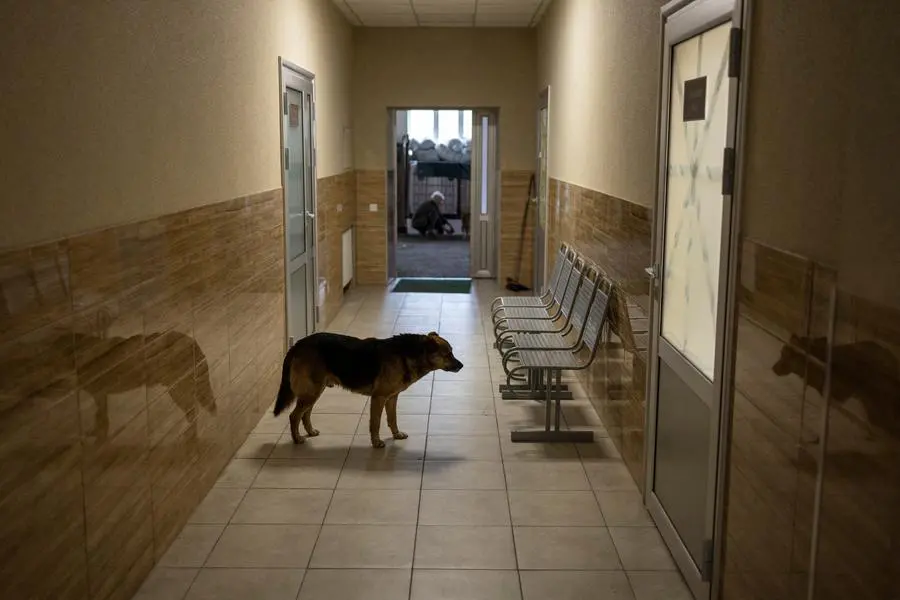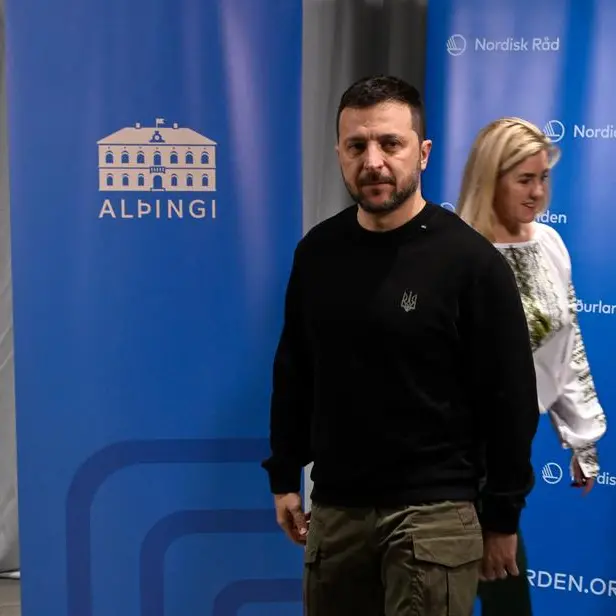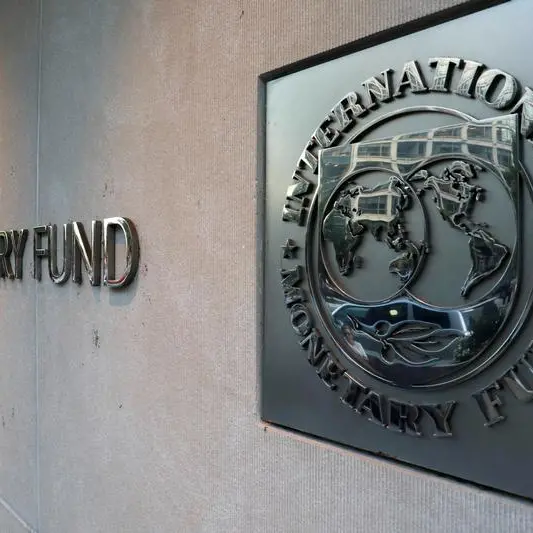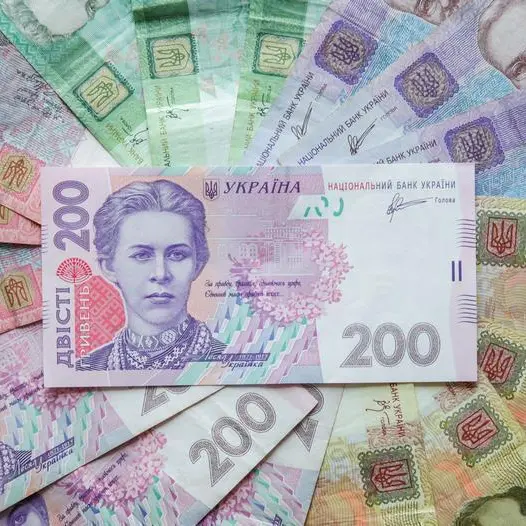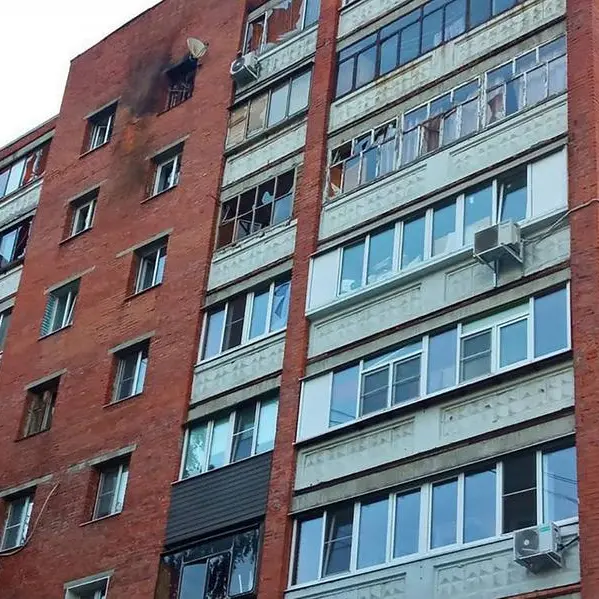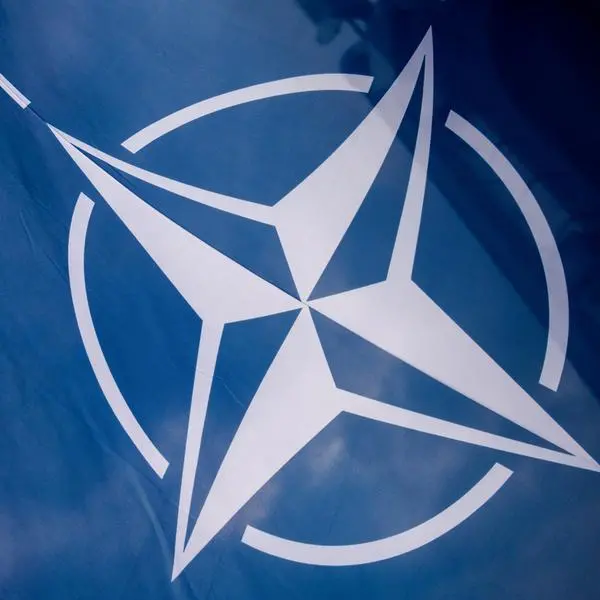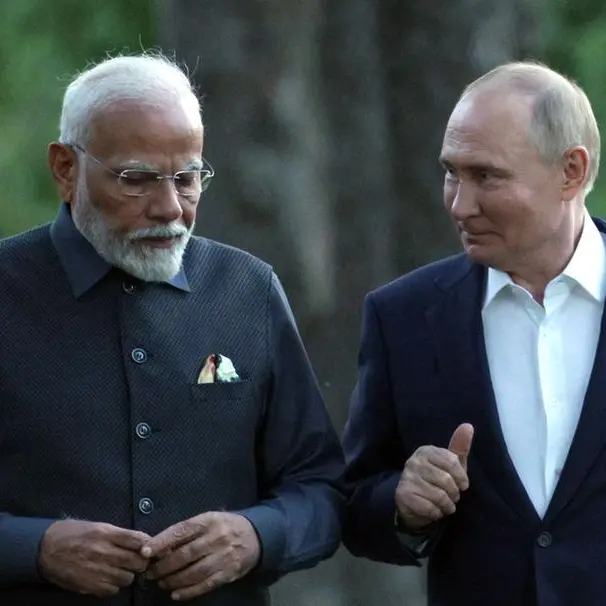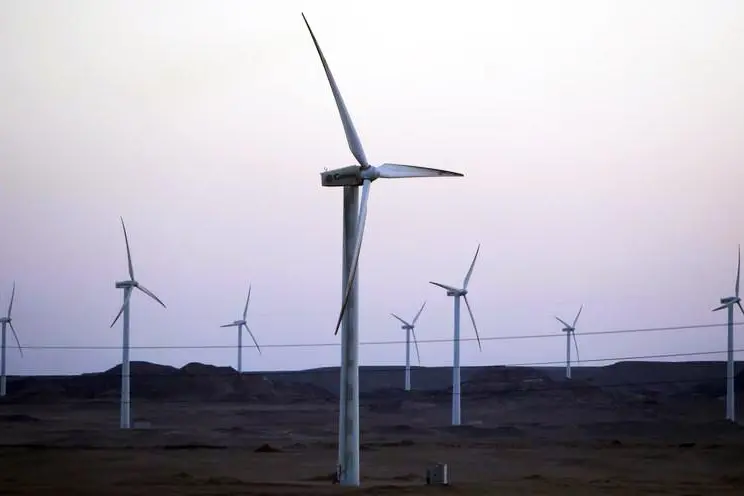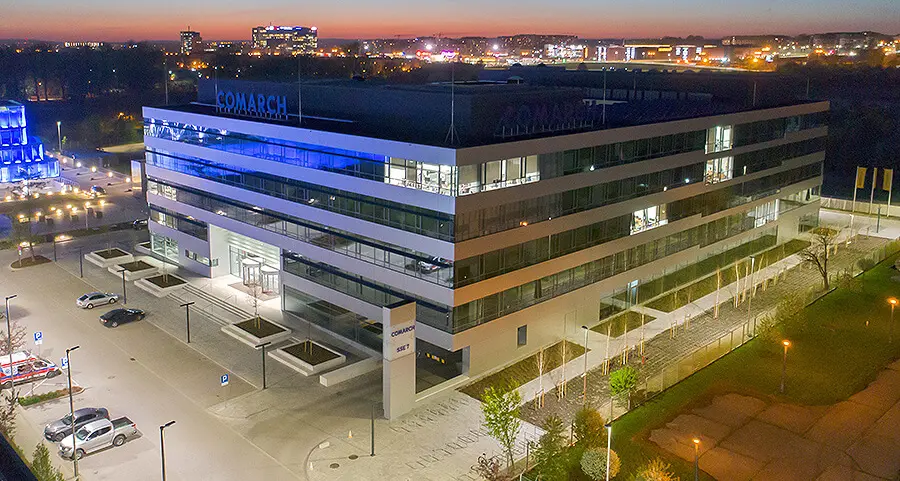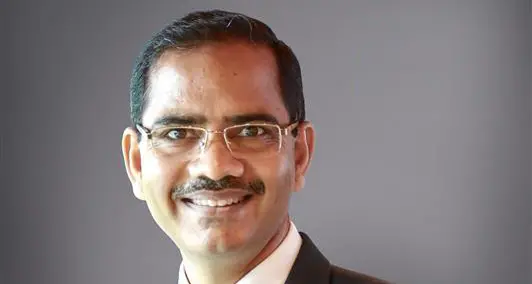PHOTO
Since Russia invaded Ukraine, doctors at a military hospital in the southeastern city of Zaporizhzhia have stayed on the job for days at a time as waves of casualties are rushed to them for treatment from nearby frontline areas.
On Wednesday, medics at the hospital prepped a wounded man for surgery to remove suspected shrapnel, while in another room nurses lifted a semi-conscious patient from an operating table.
Ukraine says thousands of its soldiers have been wounded since the start of the war on Feb. 24, while 3,760 civilians casualties have been recorded, according to the U.N. human rights body. It says the number is likely to be much higher due to the inaccessibility of areas with intense fighting.
The crushing workload has not deterred 26-year-old traumatologist Favad Al-Shakh, who said the Zaporizhzhia hospital was so far managing to cope with the influx of patients requiring emergency care.
"I, as a doctor, would like to keep working here," he said with quiet confidence. "And when all of what's happening will be over, I'm not eager to go anywhere else."
Hospitals like his are under extra strain because the fighting has also damaged or destroyed at least 400 health facilities, putting many of them out of action entirely, according to the Ukrainian authorities.
A specially-equipped medical train has been fitted out to serve as a long-distance ambulance, evacuating trauma patients or anyone in need of special medical care from frontline areas in the east or elsewhere to greater safety in western Ukraine.
A line of ambulances waited at the main station of the central-eastern city of Dnipro on Tuesday, with paramedics poised to stretcher dozens of wounded people onto the train, which is run by Medecins Sans Frontieres (MSF /Doctors Without Borders).
One man with metal pins sticking out of his leg grimaced as his gurney hit a bump when he was rushed aboard the train. Other elderly patients had bandaged heads or sprays of cuts across their faces.
The service is intended to relieve the pressure on remaining hospitals and clear beds for the next wave of patients needing urgent care, said MSF medical coordinator Axelle Ronsse, before the train set off on its 20-hour journey to the western city of Lviv.
"They do the stabilisation, the first care, and then they send them to the west to be taken care of. Like this they are ready to take some more (patients) the following days. And actually we can see that these last few days, the number has increased," she said.
Russia denies targeting civilians during what it calls its "special military operation".
Around 500 patients have so far been evacuated by train, which has also transferred groups of orphans and elderly people from the east, she said.
There is no immediate sign of relief for Ukraine's health system. On Tuesday, a U.S. intelligence chief warned that Russian President Vladimir Putin appeared to be preparing for a prolonged conflict.
Ukraine does not provide regular casualty estimates for its armed forces, but in mid-April President Volodymyr Zelenskiy said around 10,000 Ukrainian troops had been wounded.
(Writing by Alessandra Prentice, Editing by Angus MacSwan)
